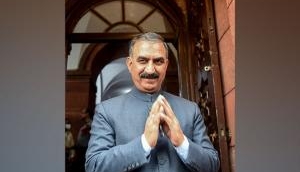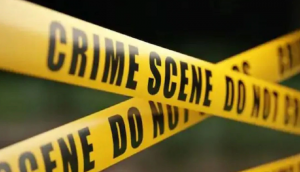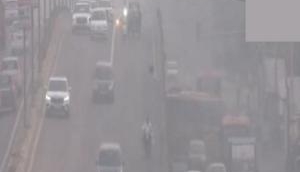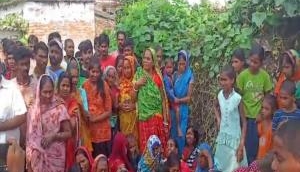
MDMK leader Vaiko, on 20 October, was acquitted by a local court of charges of sedition and supporting unlawful activities in connection with his 2008 speech in which he allegedly supported banned terror outfit LTTE.
"Finally, no charges against the accused under Section 124 A IPC (Sedition) and 13 (1) (b) of Unlawful Activities (Prevention) Act, 1967 (supporting unlawful activity) are proved," Third Additional Sessions Judge said in Chennai pronouncing the judgement.
"This court acquits the accused," the Judge said in a jam-packed court hall, where the staunch pro-Tamil leader had appeared in his trademark black shawl along with as battery of lawyers minutes before the ruling was read out.
Moments after the judgement, Vaiko was greeted by his supporters and his lawyers. Firecrackers were burst to celebrate his acquittal in the case.
The prosecution case was that on 20 October 2008, Vaiko allegedly spoke in a manner which infringed Indian sovereignty and in support of LTTE, that was fighting for an independent Tamil Eelam (homeland) in Sri Lanka during the onset of final stages of the civil war between the Tamil Tigers and the island nation's Army.
Addressing a public indoor meeting titled "Ilangaiyail Nadapathenna" (What is happening in Sri Lanka ?), he had allegedly spoken against the central government for aiding Sri Lanka in its efforts to decimate LTTE.
During questioning under CrPC, Vaiko had deposed in the court that he did address the meeting, adding he had only spoken about the plight of Tamils and their travails in Sri Lanka and not against Indian sovereignty.
The 'Q' branch wing of Tamil Nadu Police, which deals with internal security, had then filed a case of sedition and unlawful activity against Vaiko.
During the trial, policemen who were prosecution witnesses stuck to their position against Vaiko, though several others had turned hostile.
The MDMK general secretary's speech in CD form and its transcripts were submitted in the court as evidence.
A posse of policemen was deployed in the court premises to bolster security in view of the judgement and entry, including for media persons, was highly restricted.
--PTI







![BJP's Kapil Mishra recreates Shankar Mahadevan’s ‘Breathless’ song to highlight Delhi pollution [WATCH] BJP's Kapil Mishra recreates Shankar Mahadevan’s ‘Breathless’ song to highlight Delhi pollution [WATCH]](https://images.catchnews.com/upload/2022/11/03/kapil-mishra_240884_300x172.png)

![Anupam Kher shares pictures of his toned body on 67th birthday [MUST SEE] Anupam Kher shares pictures of his toned body on 67th birthday [MUST SEE]](https://images.catchnews.com/upload/2022/03/07/Anupam_kher_231145_300x172.jpg)






